As we biked through a lush, green forest in Virginia, over the Appalachian mountains, someone ahead shouted “Pothole!” and pointed to their right. Everyone else echoed the word back. A few minutes later, someone yelled, “Car back!” and everyone yelled that in turn.
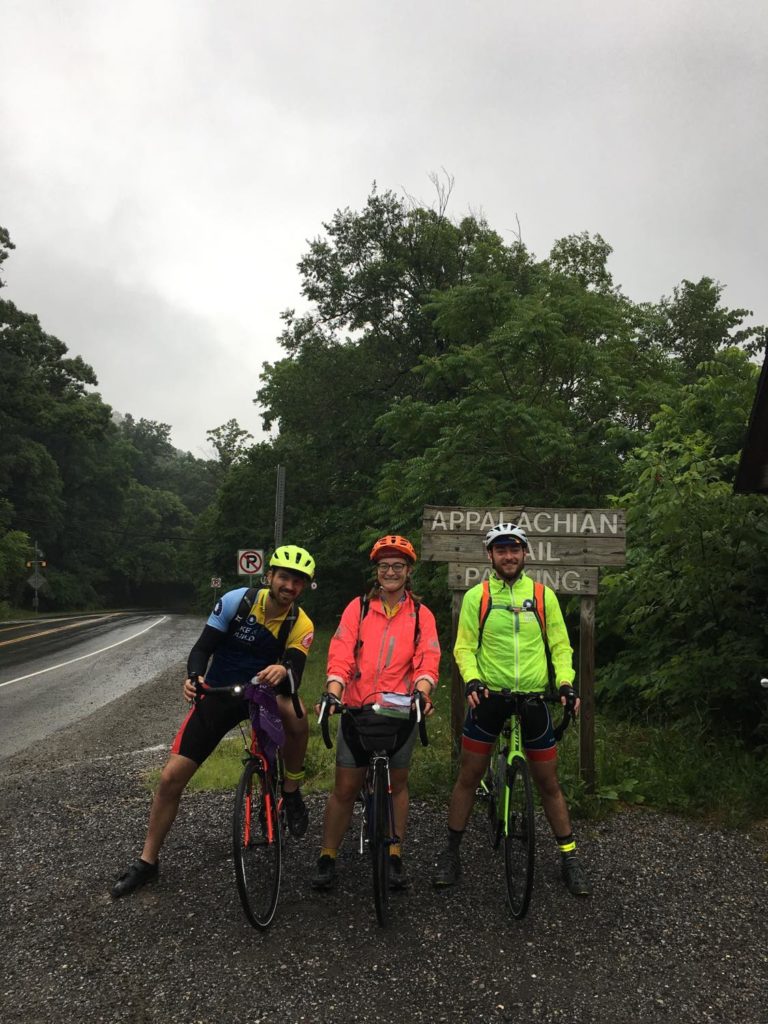
The start of a ride in Virginia
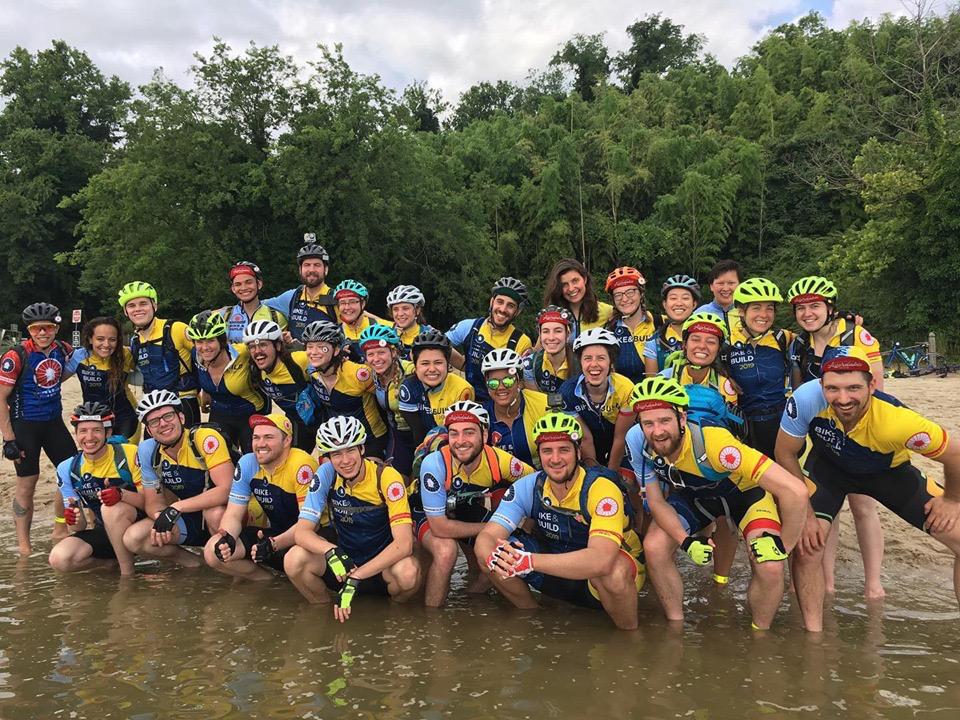
It was the summer of 2019, and I was biking across the country with 30 young adults (though I biked with a smaller group of 2-5 riders each day). We were raising funds and awareness for affordable housing with the organization, Bike & Build. We had worked hard on our communication patterns, so that we could get across the country as safely as possible.
I did team sports all through my childhood, but it was really on a bike that I truly learned and practiced teamwork, that I understood the importance of building trust.

Trust was forged through long conversations as we pedaled past fields and across time zones. It also was built through having space to navigate conflict, the ones that can easily come up as you spend 77 continuous days together. Our weekly team meetings were essential to strengthening and maintaining our team, working through what time to get up to and how people felt about music in the mornings and where people felt safe biking side-by-side.
As we biked across the country, especially on busier roads, we had to rely on one another. Our safety was intertwined with one another’s as we communicated with each other and the cars to safely cross the country. When you’re biking in a straight line, which helps the group be more predictable to cars, you can’t see much in front or behind you. Your safety is reliant on communication and your team navigating whatever comes up together, whether that be upcoming potholes or debris on the side of the road or a car passing close.
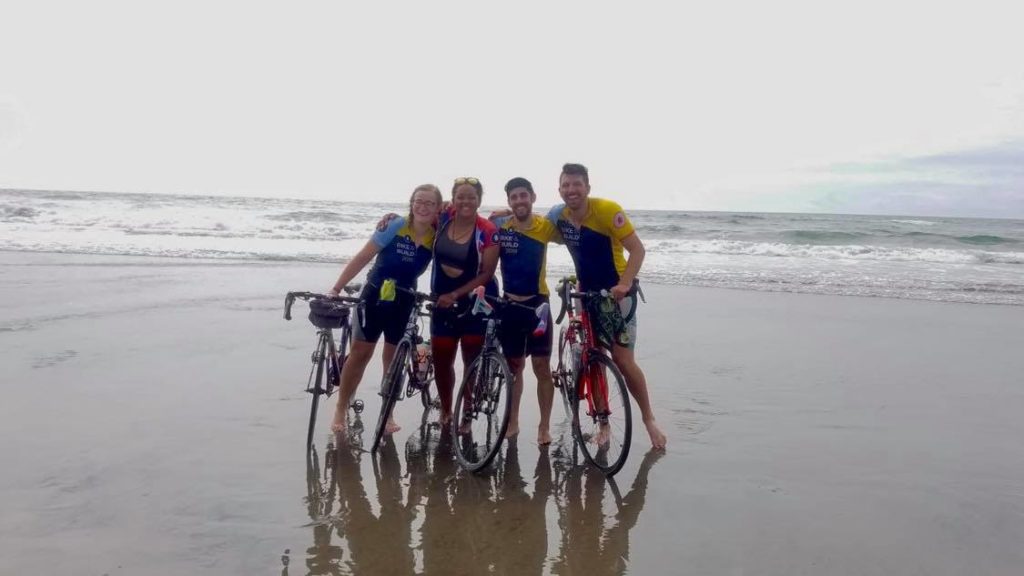
It required a lot of trust. On winding roads, particularly through the mountains or alongside rivers, cars would become impatient, eager to pass the group. One day in Colorado, a nearby highway was shut down for construction and so the highway we were on had double the traffic. We had to talk through how frequently to stop on the side of the road, to let the lines of cars pass that were quickly piling up. It was an intense day, dealing with constant irritated drivers. Sometimes it was impossible for us or the drivers to see ahead, over a hill, and so we had to take the lane as it wouldn’t be safe for anyone if they were to pass. That could be intimidating, but with the support of our teammates, we were all safer together.
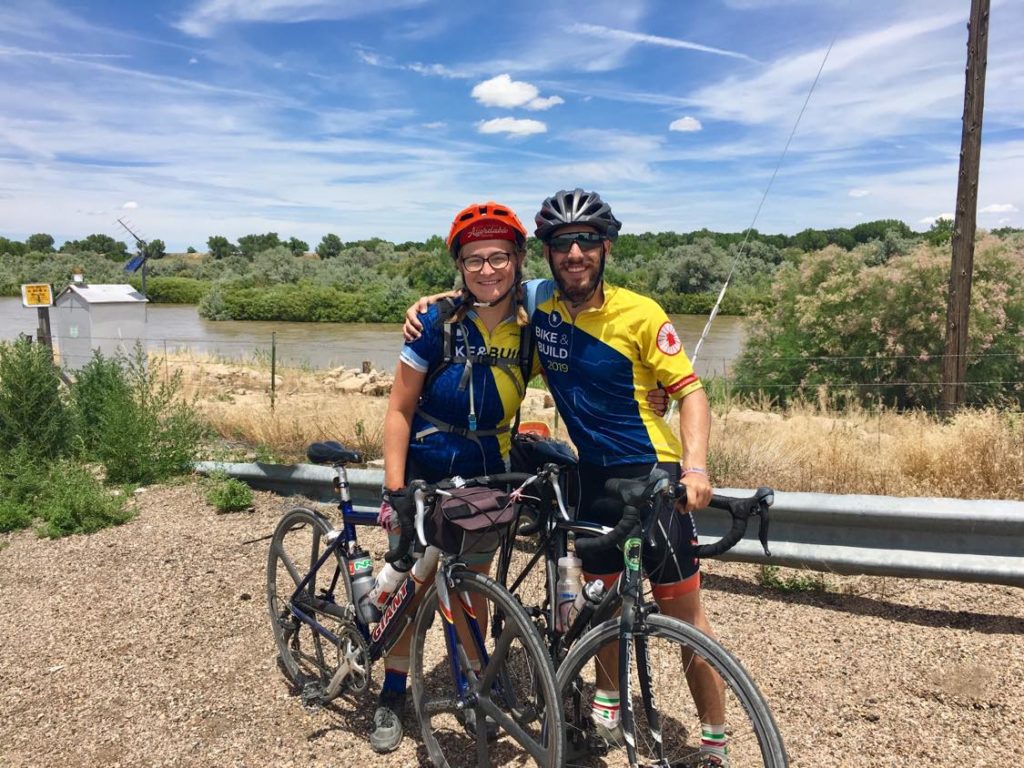
The support we had for each other was invaluable, as we helped each other bike up and down mountains and across seemingly endless rows of corn, as we learned about and volunteered on affordable housing build sites and discussed how to ensure access to affordable housing, or when someone would get freaked out by a car being especially aggressive.
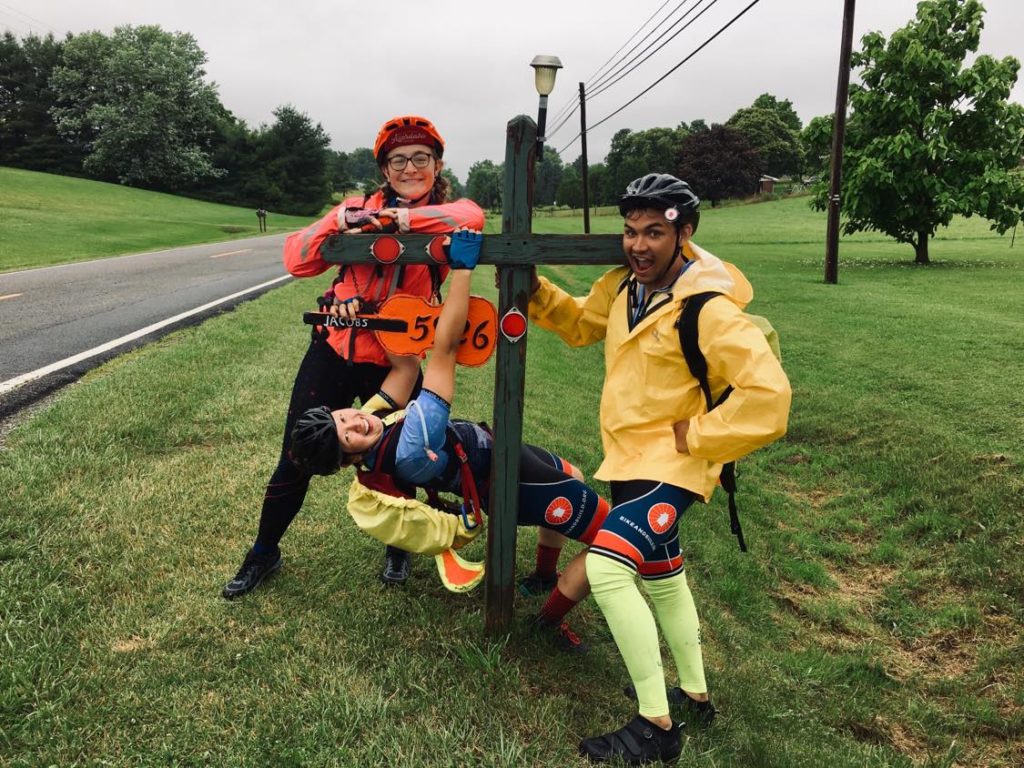
I’m proud of my team for making it across the country, but especially for how we worked together.
Some of those same principles apply to the community of cyclists in Lincoln, too. Whether you’re on the trail and say “on your left” or biking on a residential street, we keep each other safe by communicating. That communication is also essential to the teamwork and collective action it requires to make a Lincoln with a more equitable transportation system, one where we all have access to affordable and safe modes of transportation, where we can all share joy through biking.
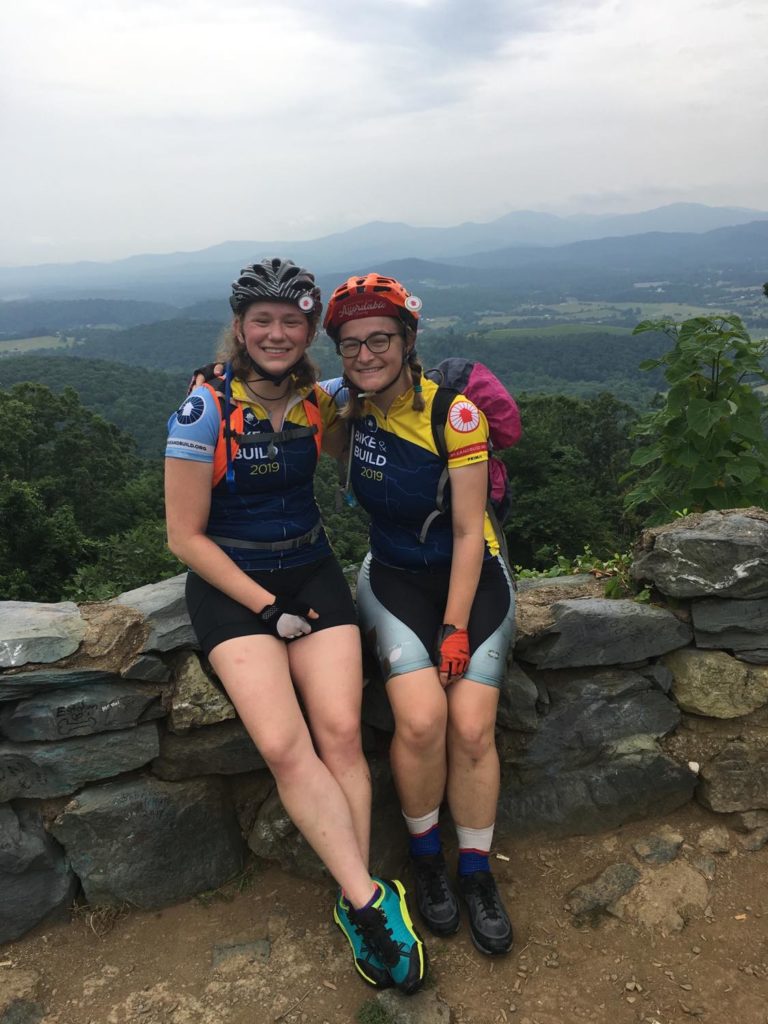
P.S.: Bike & Build will be running trips next summer for the first time since 2019. More information can be found at bikeandbuild.org or I would be glad to answer any questions and can be reached at [email protected].
